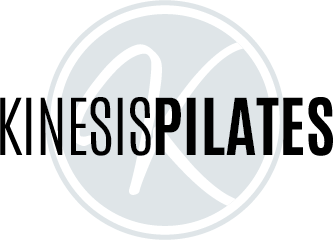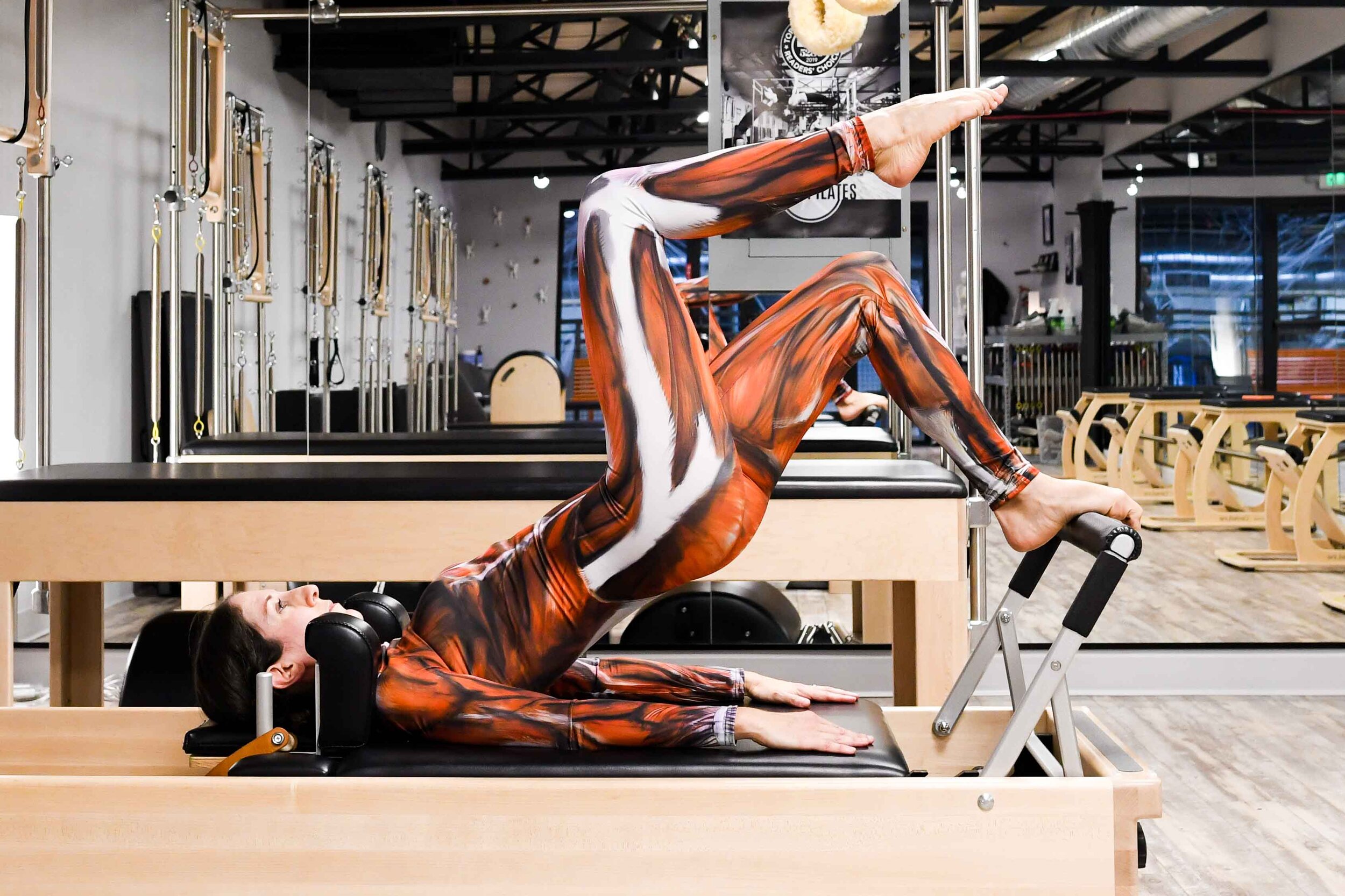Joseph Pilates said “I must be right. Never an aspirin. Never injured a day in my life.”
And in the last two years that I’ve been doing exclusively Pilates for exercise, that’s been the case for me too. No colds, stomach bugs, flus. A stark contrast from my usual experience, which was about one cold per month ever since having kids almost 15 years ago.
Legend also says that the men who were interned with Joseph Pilates on the Isle of Man who exercised with him never succumbed to the Influenza Epidemic of 1918 that killed three times more people, most of them young, than WWI.
Let’s talk lymph
The interesting thing about our lymphatic system, through which our immune system flows, is that it is not on a pump like our circulatory system. Lymph relies on movement and muscle contraction to circulate. This means the full body movement found in Pilates is quite helpful to our lymphatic system.
You can imagine how challenging it is to move lymph that collects in the limbs, like our hands and feet. But Pilates further assists this with the reclined position that many exercises have. Take footwork for example--you lay on the reformer and elevate your feet onto the footbar. It’s the perfect position to get lymph traveling from your legs back to your trunk, and the muscle contraction in the feet and legs further facilitate that process.
Lymph collects in nodes where the extremities meet the trunk, such as the groin, armpits and neck. Pilates doesn’t allow these nodes to go neglected. Many exercises create a pumping sensation of these nodes--short spine, stomach massage, rolling like a ball. Squeeze the nodes, move the lymph.
The benefit of gentle movement
Many practitioners enjoy how gentle Pilates is on their body. Of course there are times when you’re sore from the practice (I’ve had clients report that they’re too sore in their abdominals to laugh), but usually we’re working below that threshold. Therefore recovery isn’t so intensive and your body can fight bacteria and viruses instead of always having to repair broken down muscle tissue. This doesn’t mean that your muscles can’t change and get stronger. It just means that the process is more gradual and balanced with other bodily processes.
Whole Body Health
Pilates doesn’t just improve immunity via mechanical and physiological processes. It also improves your health by calming your mind. The emphasis on breathing and mindful movement encourages the fight or flight sympathetic nervous system to quiet, reducing stress which research strongly shows impairs immunity. Regular exercise also improves sleep quality, which is necessary for healthy immune systems.
Brush Away Merrily
Joseph Pilates also suggested regular body brushing, which he generally advised to be done in the shower after exercising. He said “use only a good stiff brush (no handle) since this type of brush forces us to twist, squirm, and contort ourselves in every conceivable way in our attempts to reach every portion of our body… The use of a good stiff brush stimulates circulation, thoroughly cleans out the pores of the skin, and removes dead skin too… So brush away merrily, and heartily too!”
Current research now shows that body brushing, in addition to removing dead skin, increases circulation including that of the lymphatic system. So get yourself an inexpensive body brush and brush away merrily as Joe advised. I recommend doing it dry rather than in the shower, and use short, quick strokes going from the extremities towards the heart. You’ll be pleasantly surprised by how your Pilates practice means you can reach more areas of your body!
Do Pilates
There’s no guarantee that just because you’re doing Pilates regularly, you won’t get sick this cold and flu season. But plenty of anecdotal evidence and common sense suggests that a regular practice (at least 3-4x/week), along with other healthy choices around sleep and nutrition, can set your body up so that it can better fend off illnesses.


